Fibre refers to carbohydrates that your gut cannot digest. It is classified as either soluble or insoluble, depending on whether it dissolves in water (soluble) or not (insoluble).
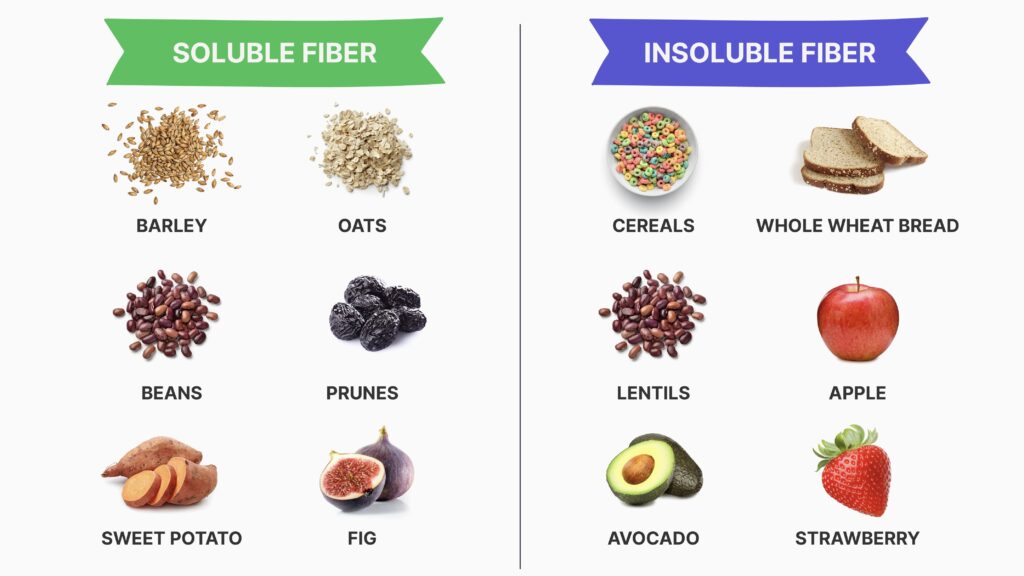
Insoluble fibres function mainly as bulking agents, adding content to your stool. In contrast, certain types of soluble fibre can significantly affect health, metabolism and weight.
DOI:10.4172/2155-9600.1000476
FEEDS YOUR FRIENDLY GUT BACTERIA
An estimated 100 trillion bacteria live in your gut, primarily in the large intestine. Along with other microbes found in your digestive system, these bacteria are often called the gut flora or gut microbiome.
Different species of bacteria play essential roles in various aspects of health, including weight management, blood sugar control, immunity, and even brain function.
PMID: 25849657, 29547587
Just like other organisms, bacteria need to eat well to stay healthy. The fibre that benefits your gut bacteria is prebiotic fibre or fermentable fibre.
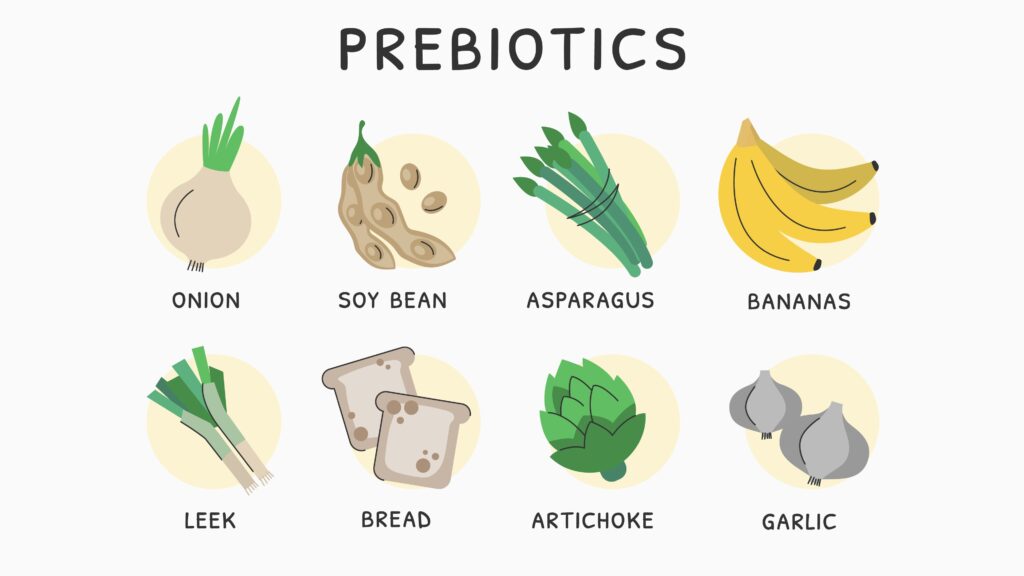
It is considered very beneficial for health and body weight. Certain insoluble fibres, such as resistant starch, also function as prebiotics.
PMID: 28165863, 32676461
HELPS FIGHT INFLAMMATION
Gut bacteria are well known for their effect on chronic inflammation. They produce nutrients for your body, including short-chain fatty acids that feed the cells in your colon.
PMID: 33086688
This leads to reduced gut inflammation and improvements in related inflammatory disorders.
PMID: 30915065, 33571672
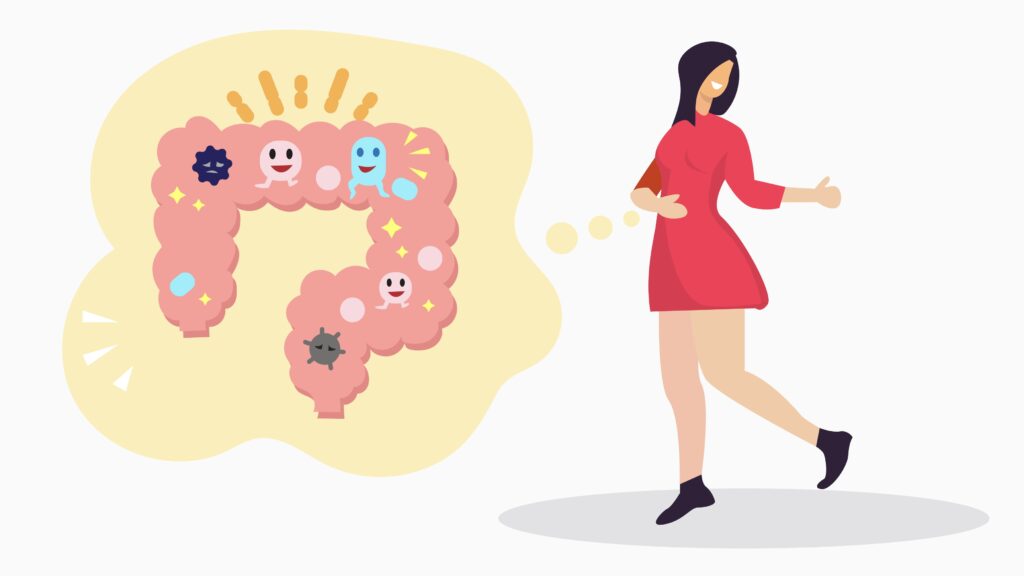
Chronic low-level (long-term) inflammation plays a major role in almost every chronic Western disease, including heart disease, Alzheimer’s disease, and metabolic syndrome.
PMID: 28670620, 31417011
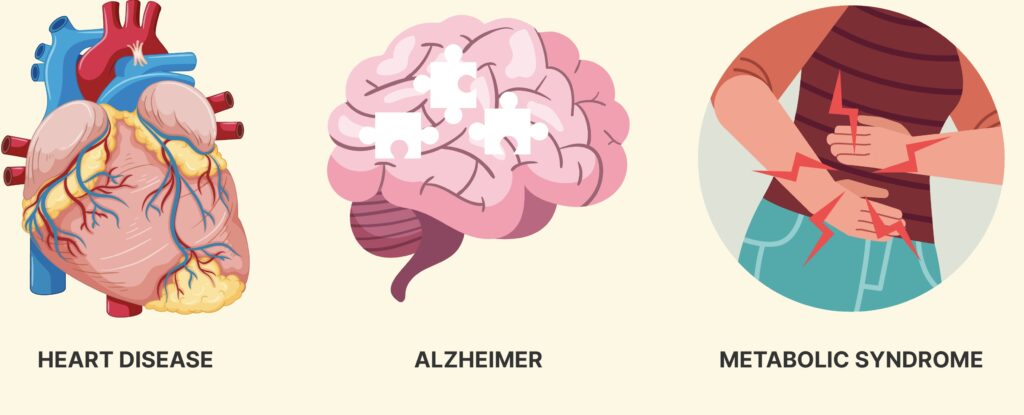
Several observational studies demonstrate that a high fibre intake is linked to lower inflammatory markers in the bloodstream.
PMID: 27314323
REDUCE YOUR APPETITE, HELPING YOU EAT LESS
Fibre is often believed to suppress your appetite. However, evidence suggests that only a specific type of fibre has this effect.

A 2013 research review of 44 studies showed that while 39% of fibre treatments increased fullness, only 22% reduced food intake.
PMID: 23885994
VISCOUS FIBRE
The dense/viscous soluble fibre slows the emptying of your stomach, increasing digestion and absorption times. The result is a prolonged feeling of fullness and a significantly reduced appetite.
PMID: 26724486
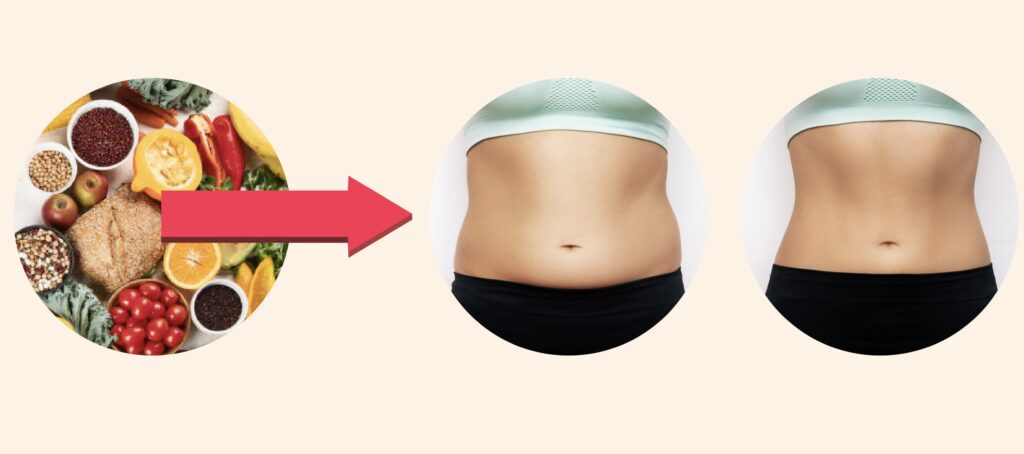
Some research suggests that the weight loss effects of fibre specifically target belly fat, which is the harmful fat in your abdominal cavity strongly associated with metabolic disease.
PMID: 21681224
FIBRE SUPPLEMENTS
Fibre supplements are typically made by isolating the fibre from plants. A 2004 review study found that psyllium and guar gum, both soluble and viscous fibres are ineffective as weight loss supplements.
PMID: 15051593
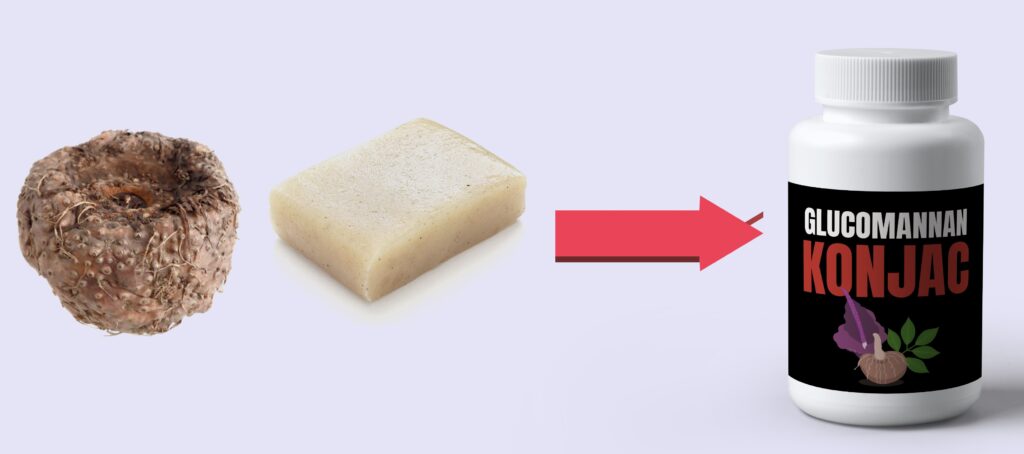
One exception is glucomannan, a fibre extracted from the konjac root. This incredibly viscous dietary fibre shows promise for weight reduction in people with overweight and obesity
PMID: 29361938, 25869689
You should combine fibre supplements with other healthy weight loss habits and strategies for the most significant impact.
Although glucomannan and other soluble fibre supplements are a good option, it’s best to focus your diet on whole plant foods.
Viscous fibres include beans, legumes, flaxseeds, asparagus, brussels sprouts and oats.
